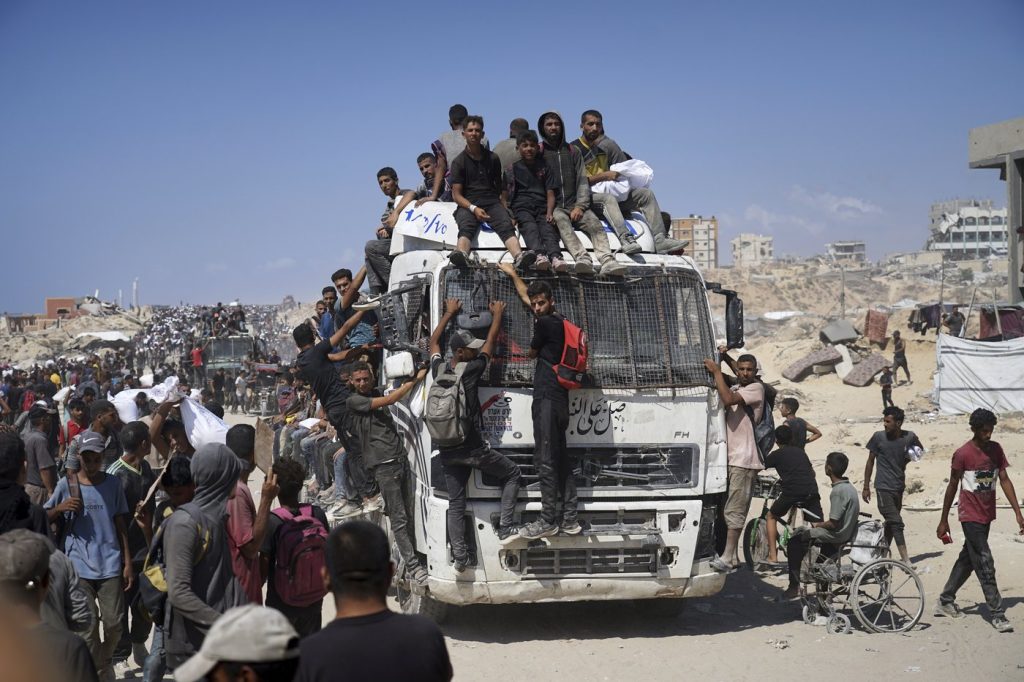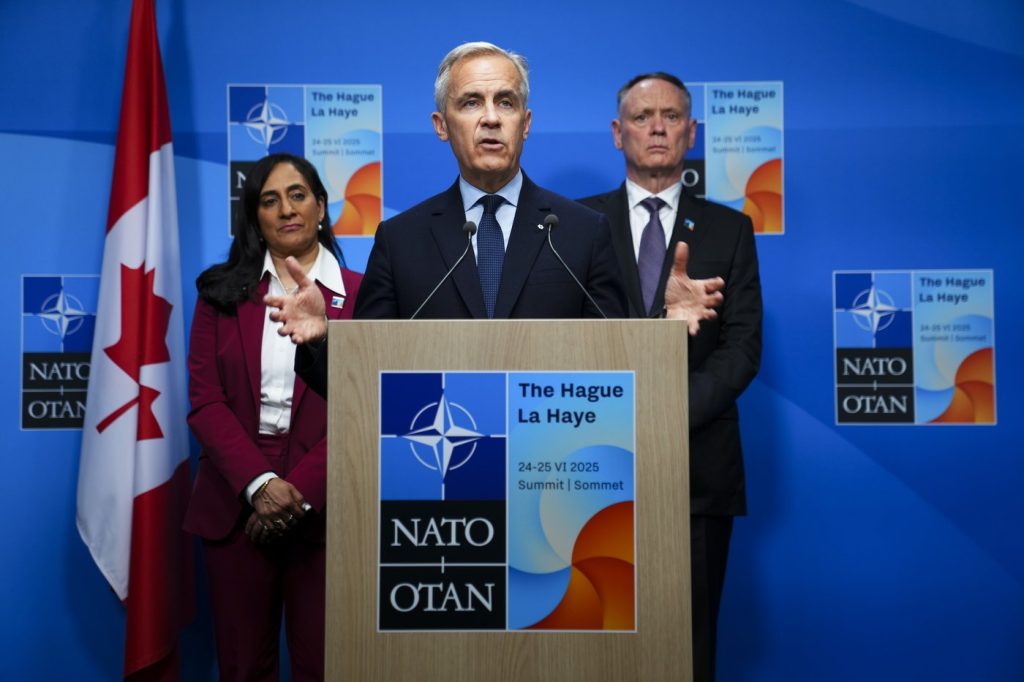OTTAWA — Two months after announcing that a substantial shipment of food was ready to enter Gaza, the Canadian charity Human Concern International (HCI) reports it is finally on the verge of delivering its first aid supply since March. The charity has prepared two trucks full of flour, initially set to enter Gaza on Friday, but has since altered its delivery plans due to concerns about looting by desperate Palestinians.
According to HCI's head, Mahmuda Khan, the situation in Gaza has reached catastrophic levels. The organization previously sent aid to Gaza regularly; however, Israel imposed a blockade in March, halting external aid and establishing its own distribution points. Tragically, hundreds of Palestinians have reportedly been shot dead by Israeli forces while attempting to access food at these sites.
Recently, Israel has eased some restrictions on food deliveries, and Jordanian soldiers began airdropping aid purchased by the Canadian government into Gaza. HCI secured permission to deliver aid on Thursday with two trucks, each loaded with 1,300 25-kilogram bags of flour. However, they refrained from crossing into Gaza due to safety concerns arising from large crowds swarming aid trucks, risking the safety of both locals and staff members.
Khan disclosed that three additional truckloads of flour and seven trucks with 2,080 boxes of food are awaiting safer transport routes into the territory. She stressed the need for Israel to significantly increase the volume of aid allowed into Gaza, lamenting that her organization is only permitted to deliver food items that require cooking, such as lentils and rice, while other essential items like baby formula and meat remain prohibited. "It's a matter of caloric intake versus nutritional adequacy," she explained.
HCI is urging the Canadian government to advocate for expanded access, so items such as canned tuna and baby formula can be permitted into Gaza. The organization has accused Israel of intentionally restricting the types and quantities of food supplies, purportedly to maintain Gazans at a specific level of malnutrition. While the Israeli government asserts it is fulfilling its humanitarian obligations, debate continues over the adequacy of the aid being provided.
Israel instituted the blockade in March, claiming that Hamas was selling essential supplies and food to finance its fighters—an assertion that UN agencies challenge as largely unfounded. After two and a half months, the U.S. initiated the Gaza Humanitarian Foundation, which set up aid distribution points; however, these sites have also been marred by violence, with numerous individuals killed while seeking aid.
UNICEF has highlighted the urgent need for "therapeutic feeding" for children suffering from severe acute malnutrition who can no longer consume regular food, which requires products like Plumpy'Nut—a mix of peanuts and fats. HCI is also purchasing local produce in Gaza at exorbitant prices, with onions costing around $21.60 per kilogram and tomatoes approximately $18.90.
HCI operates two medical clinics facing scarcity in medicines, equipment, and fuel for generators, frequently treating children suffering from infectious diseases linked to contaminated water. "They need a complete solution—access to clean water and nutritious food consistently, not just short-term relief," Khan stressed.
Israel continues to contest claims that it is deliberately causing starvation in Gaza, a position shared by Ottawa and significant global organizations. Israeli Ambassador Iddo Moed stated that Israel has actively participated in facilitating humanitarian aid deliveries to Gaza, claiming that around 600 aid trucks were allowed entry over the past five days. However, UN representatives argue that this figure is inadequate, noting a requirement of 70 aid trucks daily to meet the basic humanitarian needs of Gaza's population.
Controversy surrounds the responsibility for delays in aid delivery, with both Israel and the UN blaming one another. The UN indicates that its trucks must navigate military-controlled zones, complicating the aid distribution process. This often results in lengthy delays—up to 20 hours—for aid to reach those in need. Accounts reveal that aid trucks are regularly overwhelmed by desperate crowds and criminal gangs upon entering Gaza, leading to chaotic scenes and injuries as Israeli troops have been reported to fire upon gatherings. The military, according to the UN, often designates routes that are unsuitable for large truck convoys, exacerbating the challenges of delivering aid.
Israel maintains that it does not restrict the flow of aid into Gaza and is consistently seeking optimal routes for international aid delivery. As humanitarian conditions worsen, the plight of Gazans remains a contentious issue amid geopolitical tensions.












